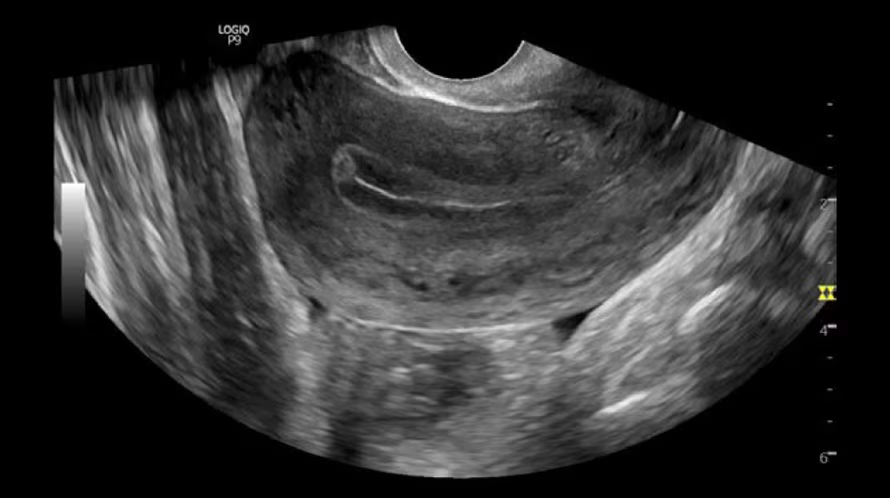
Obstetrics Scans Service
Obstetrics is a medical specialty that focuses on pregnancy, childbirth, and the postpartum period. Obstetricians are physicians trained to care for women during all stages of pregnancy and childbirth, including both normal and complicated cases. The goal of obstetrics is to ensure the health and safety of both the mother and baby.
3D/4D sonography :
3D and 4D sonography (ultrasound) are advanced medical imaging techniques that allow visualization of the fetus in the womb.
Advantages of 3D/4D Sonography :
- More detailed images: These techniques provide clearer and more comprehensive views of the fetus compared to standard 2D ultrasounds.
- Parent bonding: Many parents appreciate the detailed, realistic images and videos that make the baby seem more tangible and recognizable.
- Early detection: Some structural abnormalities or conditions can be detected earlier and more clearly with 3D/4D sonography.
NT scan :
An NT scan, or Nuchal Translucency scan, is a prenatal ultrasound performed during the first trimester of pregnancy, usually between 11 and 14 weeks of gestation. It is a non-invasive screening test primarily used to assess the risk of chromosomal abnormalities in the fetus, such as Down syndrome (Trisomy 21), Trisomy 18, and Trisomy 13.
Anomaly scans :
An anomaly scan, also known as a mid-pregnancy ultrasound or level 2 ultrasound, is a detailed scan usually performed between 18 and 22 weeks of pregnancy. Its primary purpose is to examine the fetus's anatomy and detect any potential structural abnormalities or birth defects.
Early pregnancy scans :
Early pregnancy scans, typically performed between 6 and 12 weeks of gestation, are important in confirming and assessing early pregnancy. These scans provide crucial information about the health and progress of the pregnancy, ensuring that everything is developing normally during the first trimester.
Growth Scans :
A growth scan is a specialized ultrasound performed during the later stages of pregnancy, typically after 28 weeks, to assess the growth and development of the fetus. These scans are important for ensuring that the baby is growing appropriately according to gestational age and to check for any signs of growth restrictions or excessive growth.
Colour Doppler Studies :
Color Doppler studies (or color Doppler ultrasound) is a specialized form of ultrasound that uses sound waves to visualize and evaluate blood flow within blood vessels, including arteries and veins. It is particularly valuable in pregnancy for assessing the fetal blood circulation, as well as the blood flow between the placenta and fetus.
Follicular/ovulation Study :
A follicular study, also known as an ovulation study or follicular tracking, is an ultrasound-based procedure used to monitor the growth and development of ovarian follicles (which contain eggs) in women undergoing fertility treatment or trying to conceive naturally.
Fetal Echo :
Fetal echocardiography (fetal echo) is a specialized ultrasound test that evaluates the structure and function of a baby's heart while still in the womb. It is typically performed between 18 and 24 weeks of pregnancy and helps detect congenital heart defects (CHDs) or other heart-related issues early in pregnancy.
.jpg)
.jfif)